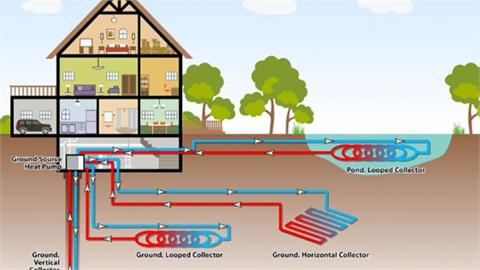As part of its educational mission and in response to growing interest on energy issues by the academic and business community, IENE has taken the initiative and developed a post graduate introductory course on Energy and Geopolitics. This consists of a series of seminars, 3 hours each conducted twice a week in Athens over a 4-month period
As part of its educational mission and in response to growing interest on energy issues by the academic and business community, IENE has taken the initiative and developed a post graduate introductory course on Energy and Geopolitics. This consists of a series of seminars, 3 hours each conducted twice a week in Athens over a 4-month period. The series of seminars is being conducted in co-operation with and under the guidance of Dr. John Mazis, Head of the Department of Turkish and Modern Asian Studies (National & Kapodistrian University of Athens) and Director of the Laboratory of Geopolitical Analyses of Turkey-Middle East. Lecturers in the seminars include prominent scientists, academics and analysts.
The "Introduction to Geopolitics and Energy” series of seminars are taking place in Athens and are being conducted in the Greek language. With demand for the course stemming initially from Greek language speakers, it was decided to opt for Greek for this first course. However, within its educational remit, IENE intends to organize similar seminars in English to be held in various capitals of SE Europe from the next academic season. Commenting on this latest IENE educational iniative the Institute’s Executive Director Costis Stambolis noted that this is the first time ever that such a high level course combining the study of Geopolitics and Energy is conducted in Greece. "This is a pilot course jointly organised with the University of Athens Laboratory of Geopolitical Analyses and as such it will be fully assessed upon its completion since it could provide the basis for the organisation of similar courses in other countries of the region. We are hopeful that the course will be successful as we are greatly encouraged by the high academic and professional standard of the students as all of them are degree holders in a wide variety of disciplines”. As part of the course work the students will prepare and submit a thesis on which they will be examined. Upon successful completion of the course the students will be awarded an IENE diploma on Geopolitics and Energy.
Speakers at the seminars include: Professor John Mazis, Dr. Dimitrios - Vasilios Kokkinos (Naval Architect PhD, Chairman Geopolitical Committee of IENE), Mr. Costis Stambolis (Deputy Chairman and Executive Director of IENE), Dr. Dinos Nikolaou ((Petroleum Geologist,PhD, General Manager of Kanergy Ltd and Member of IENE BoD), Prof. Konstantinos Grivas (Geopolitics Professor at the Hellenic Military Academy), Mathios Rigas (Chairman & CEO of Energean Oil & Gas), Ioannis P. Sotiropoulos (International Politics Scientist and Senior Research Fellow of IENE).
The present course which has atotal duration of 75 hours, will be completed on May 15, 2015. The seminars aim at stressing the interconnection between energy and geopolitics, which has recently become extremely topical in SE Europe and its neighbouring areas. The subjects covered in this pilot courseare as follows: Principles of geopolitical analysis, the interests and aspirations of continental and sea powers in the 21stcentury geostrategic chess game, the global energy mix, energy as a key factor influencing relations between countries, national energy balances, indigenous energy production and energy exports, energy dependency. The key role of oil and gas in world order; the geopolitics of energy in the European- Asian- Middle East system; basic principles of the Islamic movement; geopolitical dynamics and energy routes in the Central Asian subsystem; military power in the broader Middle East- Russia- China block; European relations in the energy sector; geopolitical threats and dangers in the East Mediterranean; the pivotal role of Turkey; cross border energy connections as part of a geopolitical understanding; the SE European energy bridge and European energy security.




